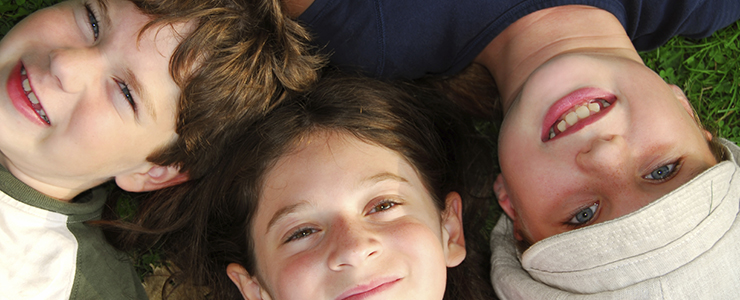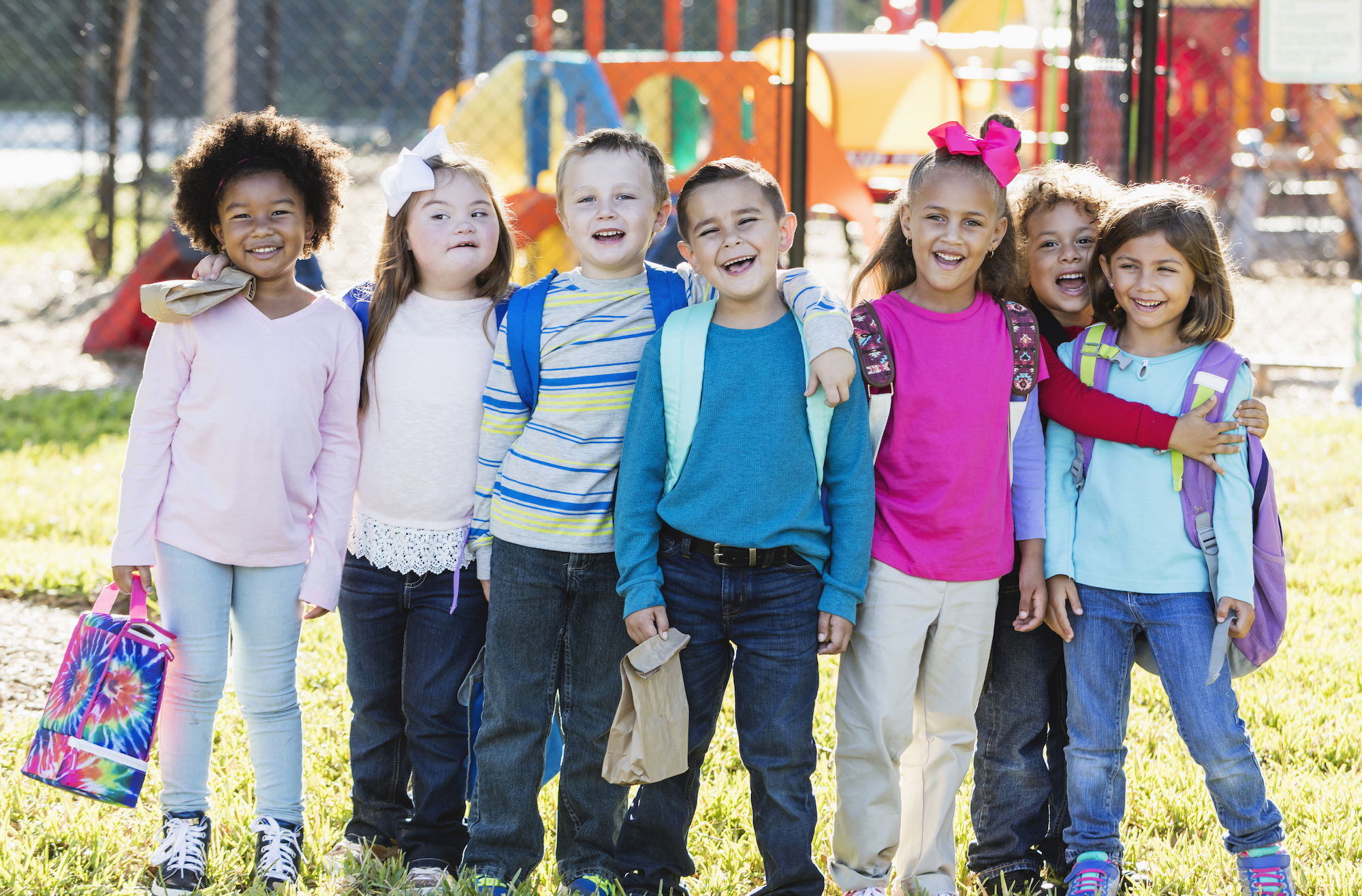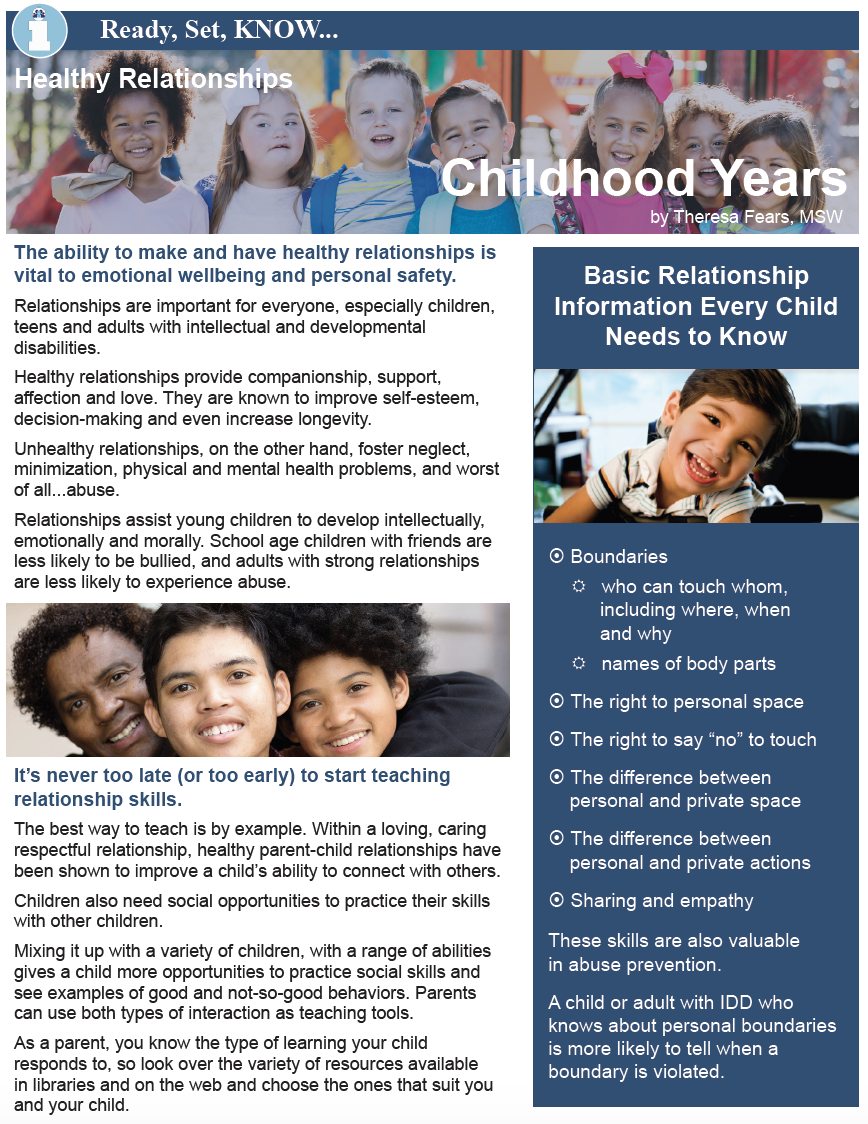by Theresa Fears, MSW
The ability to make and have healthy relationships is vital to emotional well-being and personal safety.
Relationships are important for everyone, especially children, teens and adults with intellectual and developmental disabilities.
Healthy relationships provide companionship, support, affection and love. They are known to improve self-esteem, decision-making and even increase longevity.
Unhealthy relationships, on the other hand, foster neglect, minimization, physical and mental health problems, and worst of all…abuse.
Relationships assist young children to develop intellectually, emotionally and morally. School age children with friends are less likely to be bullied, and adults with strong relationships are less likely to experience abuse.
It’s never too late (or too early) to start teaching relationship skills.
The best way to teach is by example. Within a loving, caring respectful relationship, healthy parent-child relationships have been shown to improve a child’s ability to connect with others.
Children also need social opportunities to practice their skills with other children.
Mixing it up with a variety of children, with a range of abilities gives a child more opportunities to practice social skills and see examples of good and not-so-good behaviors. Parents can use both types of interaction as teaching tools.
As a parent, you know the type of learning your child responds to, so look over the variety of resources available in libraries and on the web and choose the ones that suit you and your child.
Basic Relationship Information Every Child Needs to Know
Boundaries.
- who can touch whom, including where, when and why
- names of body parts
The right to personal space.
The right to say “no” to touch.
The difference between personal and private space.
The difference between personal and private actions.
Sharing and empathy.
These skills are also valuable in abuse prevention. A child or adult with IDD who knows about personal boundaries is more likely to tell when a boundary is violated.
Learn More
Healthy Relationships: Middle School Years
Healthy Relationships: Young Adult Years and Beyond







